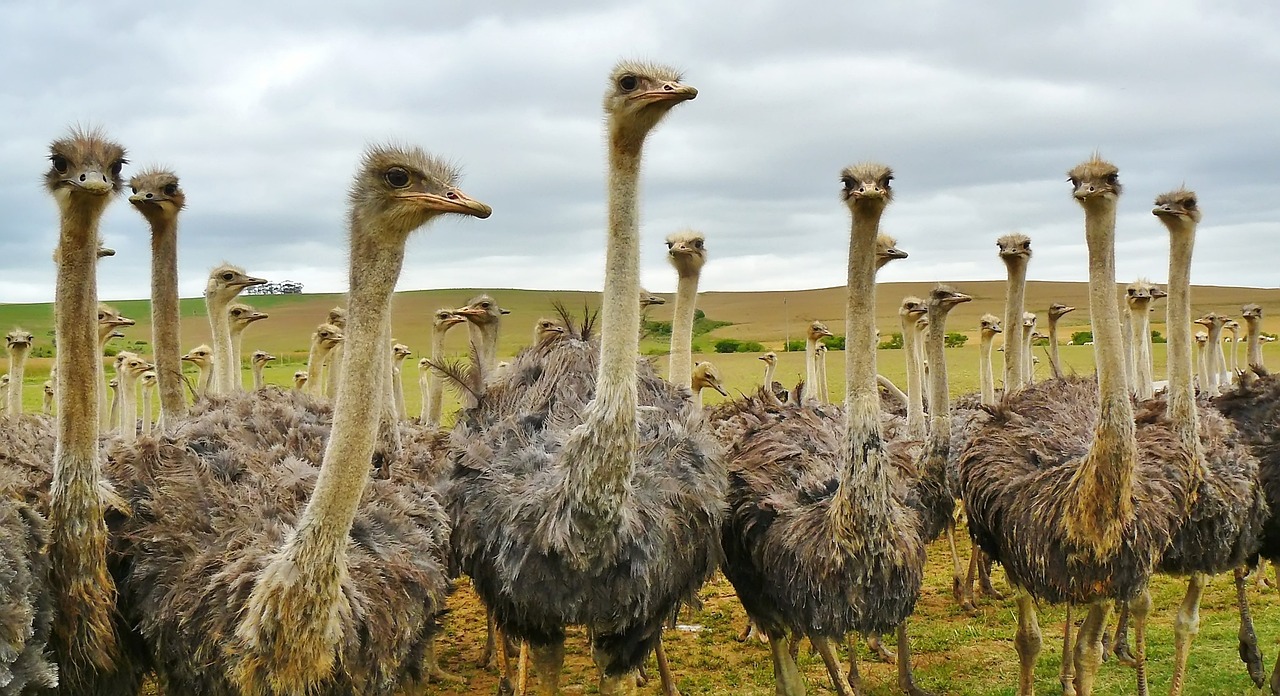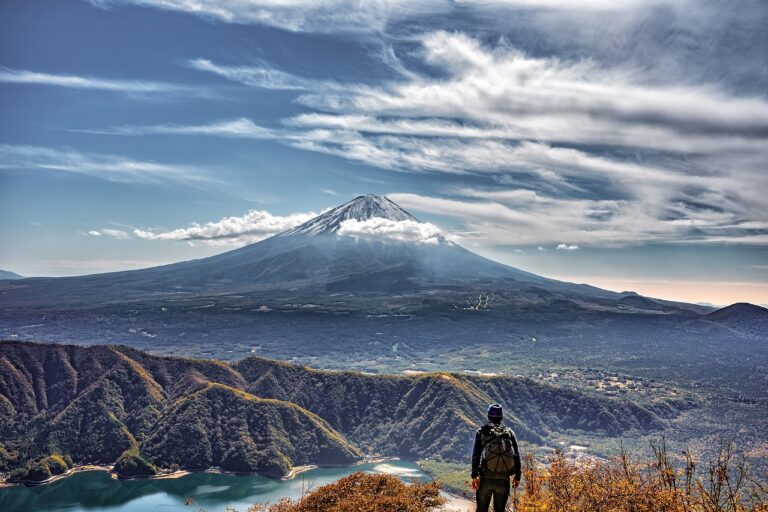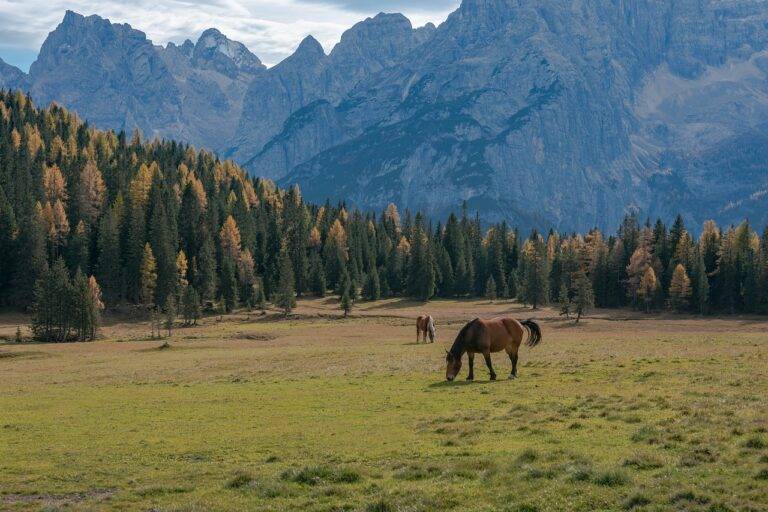Sustainable safari experiences: balancing conservation and tourism
Conservation in safari tourism is a crucial aspect that cannot be overlooked. The delicate balance between human interaction and preserving the natural habitats of wildlife is paramount in ensuring the sustainability of safari destinations. Without active conservation efforts, the very environments that attract tourists and wildlife enthusiasts alike could be irreversibly damaged.
By prioritizing conservation in safari tourism practices, we not only protect the diverse ecosystems and habitats of animals but also contribute to the overall well-being of local communities and economies. Conservation efforts play a vital role in safeguarding the livelihoods of those who depend on tourism for their income, ensuring that future generations can continue to benefit from the beauty and wonder of these natural wonders.
• Conservation in safari tourism helps protect the diverse ecosystems and habitats of animals
• It contributes to the overall well-being of local communities and economies
• Safeguards the livelihoods of those who depend on tourism for their income
• Ensures that future generations can continue to benefit from the beauty and wonder of natural wonders.
Preserving Wildlife Habitats in Safari Destinations
One of the key aspects of sustainable safari practices is the preservation of wildlife habitats in safari destinations. The natural habitats of wildlife are crucial for their survival and well-being, making it essential to protect these areas from human encroachment and destructive activities. By safeguarding these habitats, we can ensure the continued existence of various species and maintain the delicate balance of ecosystems in these regions.
Preserving wildlife habitats also plays a significant role in promoting biodiversity within safari destinations. These habitats support a wide range of plant and animal species, each playing a unique role in the overall ecosystem. Protecting these habitats not only benefits the species that call them home but also contributes to the overall health and resilience of the natural environment. Through responsible tourism practices and conservation efforts, we can help preserve these habitats for future generations to enjoy and appreciate.
Community Involvement in Sustainable Safari Practices
Engaging local communities in sustainable safari practices is crucial for the long-term success of wildlife conservation efforts in safari destinations. By involving community members in decision-making processes and providing opportunities for education and training, conservation initiatives can be more effective and sustainable. Community members who are directly impacted by tourism activities are more likely to become stewards of their natural environment when they are actively involved in conservation efforts.
When local communities are empowered to participate in safari tourism in meaningful ways, they can benefit economically while also contributing to the protection of their natural resources. Through partnerships with local businesses and initiatives that prioritize community well-being, safari operators can create a more inclusive and sustainable tourism model. By fostering a sense of ownership and responsibility among community members, sustainable safari practices can help to ensure the preservation of wildlife habitats for future generations.
Why is conservation important in safari tourism?
Conservation is important in safari tourism to ensure the preservation of wildlife habitats and species, maintain the ecological balance of the ecosystem, and support sustainable tourism practices for future generations.
How can we preserve wildlife habitats in safari destinations?
Wildlife habitats in safari destinations can be preserved through responsible tourism practices, habitat restoration efforts, anti-poaching initiatives, and community involvement in conservation efforts.
What is the role of community involvement in sustainable safari practices?
Community involvement in sustainable safari practices is crucial for promoting local empowerment, supporting economic development, fostering environmental stewardship, and ensuring the long-term success of conservation efforts in safari destinations.





